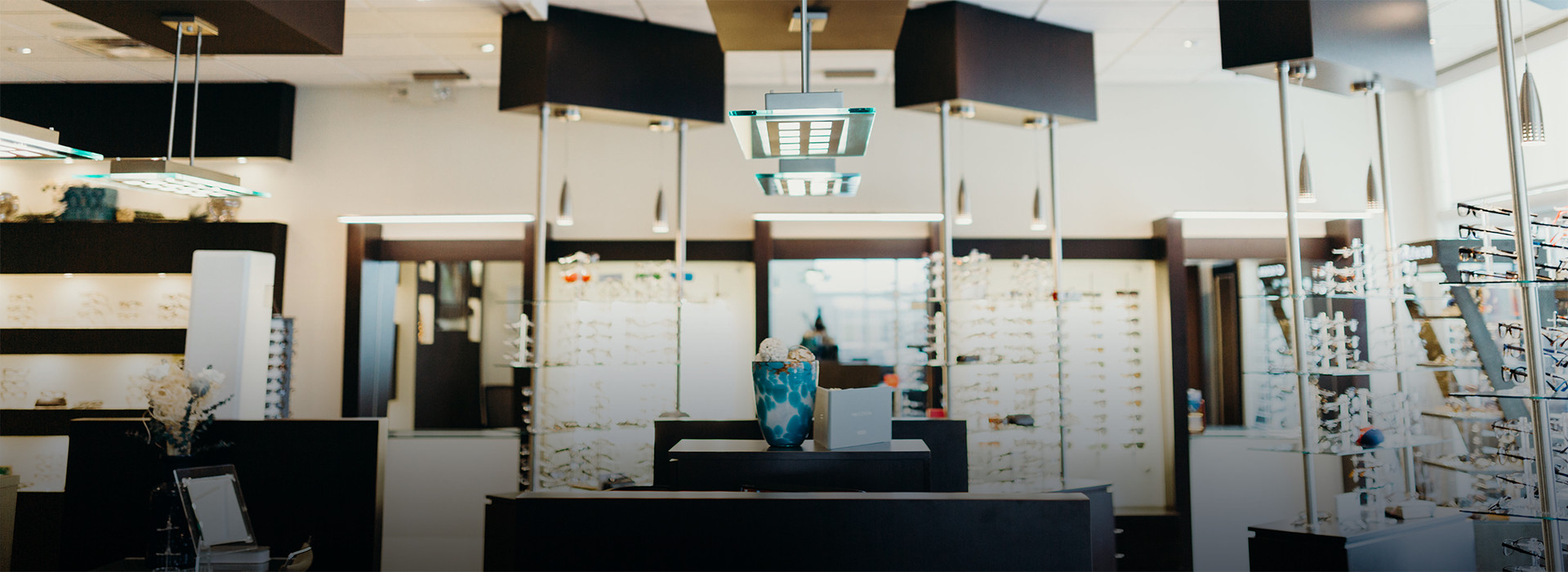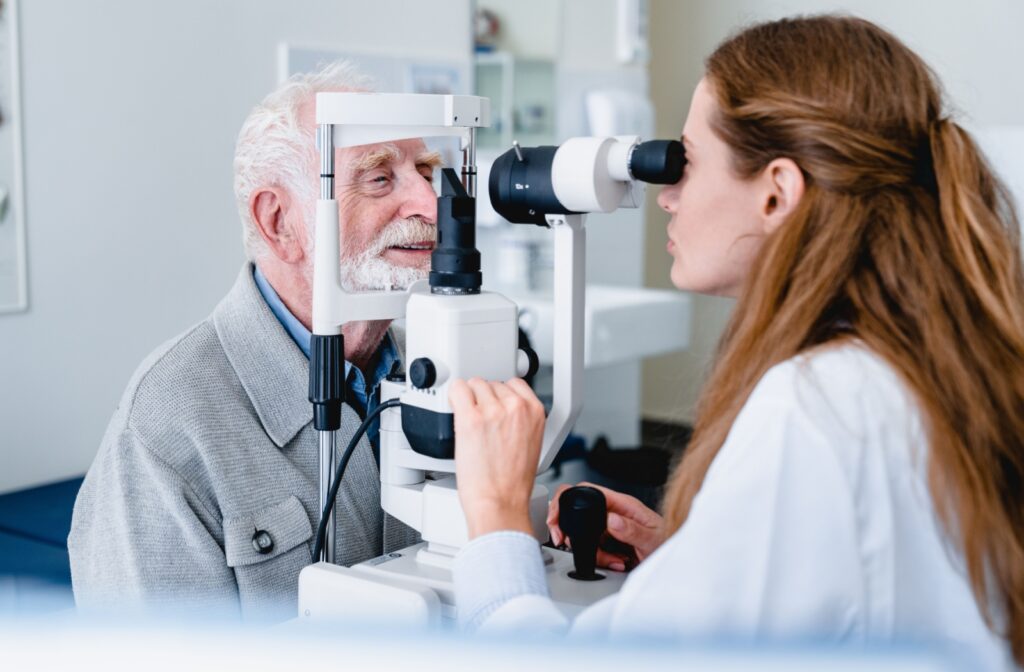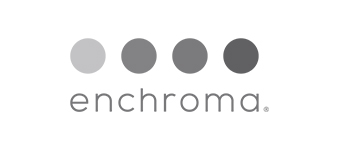Have you ever wondered if you’re checking in on your eye health regularly enough? For many adults and seniors, eye health isn’t always at the top of their minds, which can cause eye exams to go unscheduled.
Glaucoma is an eye condition that can creep up unseen without regular check-ups. First-stage glaucoma is the initial phase of the eye condition, where subtle changes in the eye’s drainage system occur, leading to increased intraocular pressure. If caught early, many good treatment options exist.
If you have any concerns about your eye health or want to know more about conditions such as glaucoma, drop by the Stonebridge Eyecare office and say hello!
What Exactly is Glaucoma?
Glaucoma is a group of eye diseases that can harm the optic nerve. The optic nerve is like a highway that transports visual information between the eyes and the brain. A healthy optic nerve helps maintain good vision, which allows one to see everything from a beautiful sunset to the fine print on a medicine bottle.
Glaucoma is generally the result of increased eye pressure, known as intraocular pressure (IOP). When intraocular pressure gets too high, it can injure the optic nerve. If left untreated, it can lead to vision loss or, in some cases, blindness.
First-stage glaucoma refers to the condition at its earliest form, before major damage has been caused. While glaucoma at this stage frequently doesn’t result in symptoms, it can be detected by an eye exam.
What Causes First Stage Glaucoma?
Some common risk factors may increase your chances of developing glaucoma. Here are a few to keep in mind:
Increased Eye Pressure (IOP)
High intraocular pressure is one of the most significant risk factors and can be an early indicator of glaucoma. An easy way to understand intraocular pressure is to think of your eye like a balloon. When the balloon has too much air, it also has too much pressure, which can strain your optic nerve.
Family History
Glaucoma often runs in families. Therefore, if a close relative, like your mother or father, has experienced the condition, you will also be more likely to develop it. That’s why discussing your family’s history with your eye doctor during regular check-ups is important.
Age and Medical Conditions
Age is another factor to be considered when evaluating first-stage glaucoma. Many people over 60 might be at higher risk of developing the condition, although it can develop in younger adults, as well. Additionally, health issues such as diabetes and high-blood pressure can increase the likelihood of glaucoma.
What Makes Early Detection of Glaucoma So Important?
Glaucoma can be tricky to detect, as symptoms don’t always appear during the early stages. In fact, many people don’t know they have it until their vision begins to decline. This is why regular eye exams are a good idea.
Detecting glaucoma early means:
- Preserving your vision
- Avoiding the need for long-term treatment
- Maintaining good eye health and a healthy optic nerve
With proper monitoring, expertise, and tools, your eye doctor can help you detect glaucoma signals in the early stages. If it’s been a while since your last checkup, don’t hesitate to book an appointment with one of our eye doctors at Stonebridge Eyecare today!
How Is First-Stage Glaucoma Detected
Here are some of the ways that your eye doctor can check for first-stage glaucoma:
- Comprehensive Eye Exams: In a comprehensive eye exam, your doctor might ask about your family history and assess any vision changes.
- Measurement of Eye Pressure: A tonometry test may be used to assess the pressure within your eyes and determine if it’s within a safe range.
- Optic Nerve Evaluation: Your eye doctor may choose to use advanced imaging tools to examine your optic nerve more closely, checking for any changes.
Stonebridge Eyecare in Saskatoon offers glaucoma testing and treatment services to help maintain optimal eye health and prevent vision loss.

Ways to Reduce Your Risk of Glaucoma
Even if you don’t have glaucoma or it doesn’t run in your family’s history, it’s never too early to protect your vision for the future.
Scheduling Regular Eye Exams
Scheduling regular eye exams is your first line of defence against glaucoma and other eye conditions. Have your eyes checked at least once every two years, or annually if your eye doctor recommends it.
Wear Protective Eyewear
Trauma to the eye can increase the likelihood of getting glaucoma. Wearing sunglasses and protective eyewear during activity can help to keep your eyes healthy and safe.
Stay Physically Active
Engaging in regular to moderate physical activity can play a role in reducing the likelihood of developing glaucoma. Be sure to consult with your healthcare provider to determine which physical activities might be right for you!
Visit Our Office
Don’t hesitate to visit Stonebridge Eyecare for your next eye exam. With glaucoma testing and management services, our friendly team can help you monitor for early-stage symptoms.










